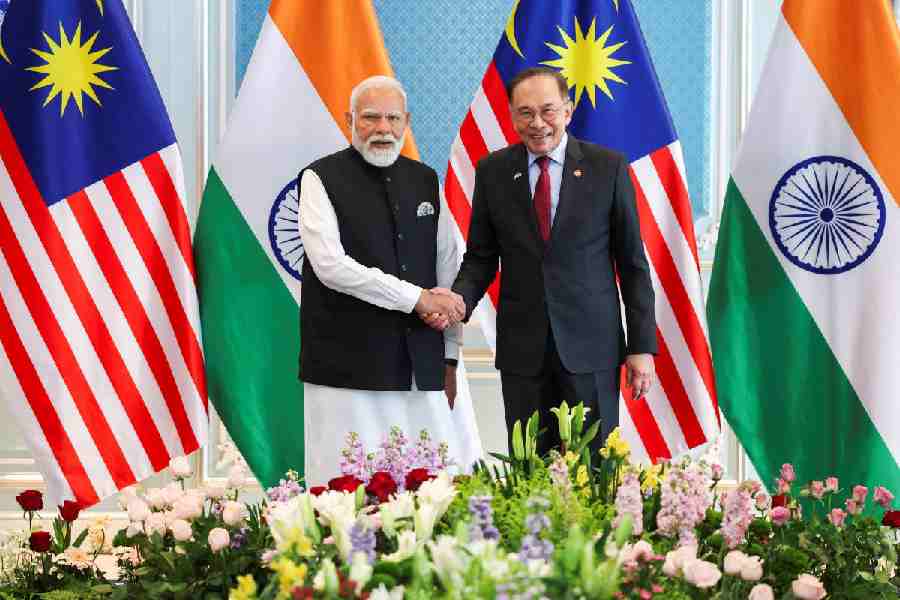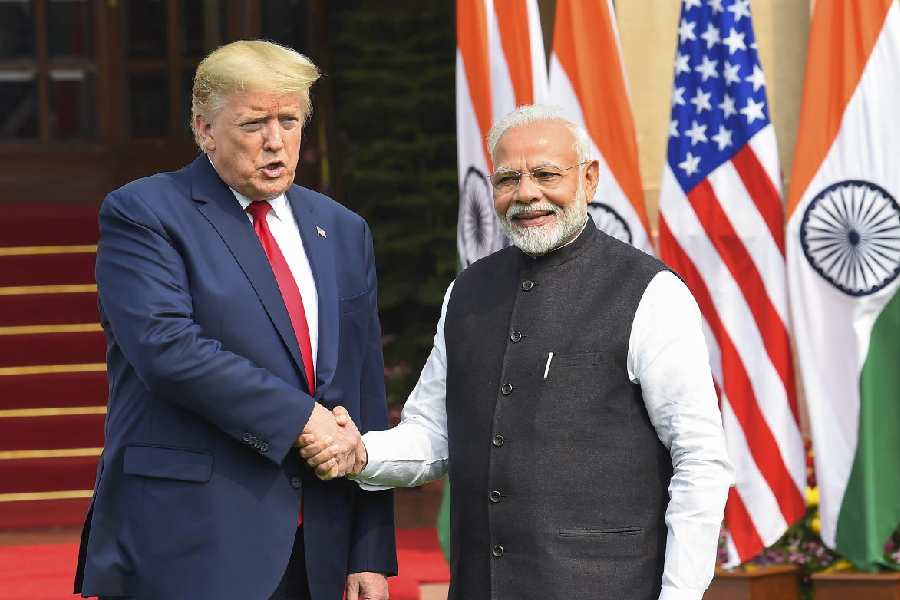|
|
In 2007, a group of language scholars, teachers and students in the Philippines voted the word “miskol” as the “Word of the Year” at a language conference. A professor at the conference said that a “miskol” is often used as “an alternative way to make someone’s presence felt”. No matter how alien the word may sound, what it refers to is something very common, and essential, for people across the world, especially Indians. “Miskol” is nothing but a missed call.
The phone rings just once and stops. Or it rings twice and stops. The call is not meant to be answered. It is, rather, meant to be ‘missed’. This is not what the ring of a phone is traditionally supposed to be — a sound beckoning the intended recipient of the call to pick up the phone and talk. The signal a missed call conveys is of a different kind. Instead of merely being the prelude to a conversation, these spasmodic rings on the phone have become a means of communication that, in many cases, eliminates the need for spoken words. Not only do they make the caller’s presence felt, but they are also short messages in themselves. Many of us are often notified by a missed call that a meeting has started, or that the driver is waiting with the car. This, of course, only works with mobile phones, which display the caller’s name when the ring comes through.
Communication of this kind is in vogue among teenagers. They use missed calls in a fascinatingly innovative way: one ring could mean “I’m free”, two — “I’m missing you”, three —“I’m going to the canteen”. By assigning pre-arranged meanings to the number of rings, they create a language of their own, one that speaks with ringtones, not words. But the semantics of missed calls is not universal. Different groups of friends have their respective sets of meanings for one, two or three rings. The messages conveyed also vary with the situation: whether the communication is between lovers, rivals, or friends. Communication through these coded messages requires an understanding between two people that is almost akin to telepathy.
Obviously, a lot of scheming and analysing go into the making of these codes. Why take so much pain to communicate when picking up the phone and talking could have been simpler? Is today’s youth averse to speech? No, not really. They have just learnt to use technology to their advantage, and to beat cellular service providers at their own game. Cellular operators, who offer alluring ‘special’ schemes, do so with an eye on the teenagers’ pocket money. The school and college-going lot, on the other hand, has limited budgets for mobile bills but a lot to say to one another. Sometimes, endless chit-chats burn holes in their pockets. When, one day, the balance in a teenager’s mobile phone went down to a rupee and he still wanted to talk, from his potent desire for interaction ensued erratic rings on his friend’s mobile. For the friend at the other end, it was simply a matter of figuring out what these rings wanted to say. Thus was a money-spinning technology effectively subverted to create an alternative language.
One wouldn’t imagine that such child’s play could become a serious headache for anybody. But it has, at least for cellular operators. Missed calls do not generate revenue but use the network capacity; they sometimes congest networks during peak hours. According to estimates made by the Cellular Operators Association of India, missed calls result in considerable losses for operators. This should not be surprising if these calls go back and forth in large numbers, as another study by the Learning Initiatives on Reforms for Network Economies suggests. According to this study, over 50 per cent of India’s mobile subscribers make missed calls to convey pre-agreed messages. This is a problem difficult to tame; it is one of those loopholes in a system that the system itself cannot mend.
What, then, will happen to the human voice? If two rings on the mobile are sufficient to say “I miss you”, what will become of the impassioned verses that poets have so far written to appease their beloved? I wonder how a dialogue will sound in a world where voices have become ringtones.












